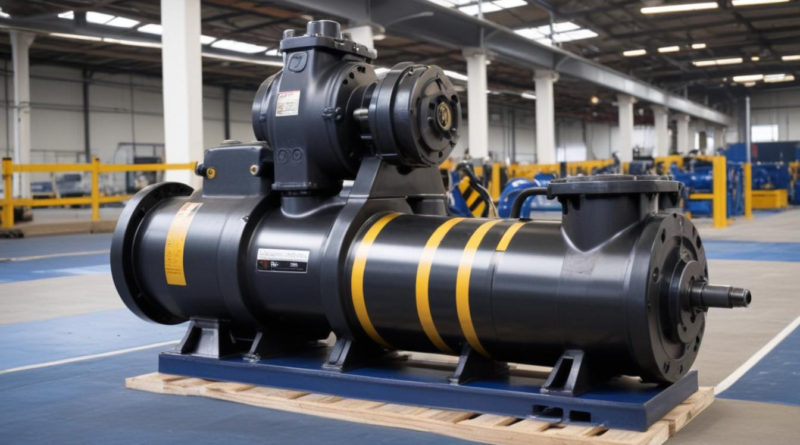understanding pump torque
Pump torque is a vital parameter in assessing the efficiency and operational behavior of pumping systems. Influenced by factors like fluid viscosity, system resistance, and pump type, torque determines a pump’s ability to move fluids effectively. Accurate torque calculations ensure proper motor selection and prevent mechanical failures. Understanding the interplay between torque, flow rate, and pressure is key to optimizing pump performance and enhancing system reliability.
Read More


